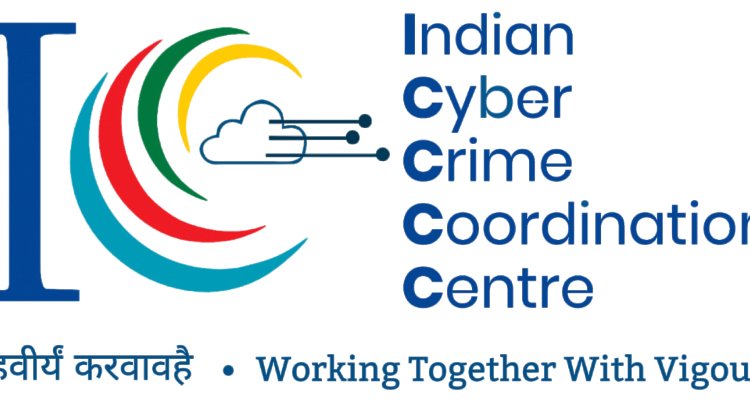According to reports, Telegram is second in terms of most used platform in cyber scams; WhatsApp leads.
NEW DELHI: Cybercriminals are increasingly abusing popular social media platforms like Instagram, Telegram, and WhatsApp, according to the Union Home Ministry's Annual Report for 2023–2024.

Cybercriminals are increasingly abusing popular social media platforms like Instagram, Telegram, and WhatsApp, according to the Union Home Ministry's Annual Report for 2023–2024.In order to counter these dangers, the Indian Cybercrime Coordination Centre (I4C) has taken proactive steps to stop cyber-enabled crimes and formed strategic alliances with tech companies.
Cybercriminals' Favorite Hunting Ground: Social Media
According to the research, with an astounding 43,797 complaints of cyber fraud filed in the first three months of 2024, WhatsApp continues to be the most misused platform.
Instagram received 19,800 reported cases, while Telegram came in second with 22,680 complaints. Online scammers have made these networks their breeding ground, preying on unsuspecting users.
The Increase in Coordinated Investment Fraud
One of the most common scams, known as the "Pig Butchering Scam" or "Investment Scam," has spread around the world.
Large-scale money laundering and even cyberslavery are part of the fraud, which takes advantage of housewives, students, unemployed teenagers, and others in financial hardship. Every day, victims are drawn into fraudulent schemes and frequently lose large sums of money, including borrowed funds.
The MHA research emphasizes the function of Google's advertising infrastructure, which gives international cybercriminals an easy way to target people with misleading ads.
I4C's Partnerships with Facebook and Google
I4C has teamed up with Google and Facebook to combat cyber-enabled crimes by utilizing these platforms' capacity to detect and lessen cyberthreats. The collaboration has resulted in proactive measures such as:
Identifying dangerous signals and digital lending apps.
combating the misuse of Google Firebase domains, which are used by online scammers to host their websites for free.
Using Google Play Protect, Android Banking Malware is blocked.
distributing lists of phishing advertisers to stop dishonest tactics.
To detect and stop fraud, use Google Pay's Citizen Financial Cyber Frauds Reporting and Management System (CFFRMS).
In a similar vein, Facebook's sponsored advertisements that promote illicit digital lending apps are detected and reported to the platform for prompt action. These advertisements are widely used by cybercriminals to take advantage of unwary consumers, increasing the danger.
Building Capacity and Sharing Proactive Intelligence
Beyond collaborations, the I4C works to develop a strong cybercrime response infrastructure. Proactive action against cyber fraudsters has been made easier by intelligence sharing with internet corporations like Google and Facebook. Additionally, by providing specialized training, the organization has played a key role in improving the abilities of law enforcement officers.
Prominent establishments such as the National Cyber Forensic Lab in Delhi and the Sardar Vallabhbhai Patel National Police Academy in Hyderabad host training courses. These programs seek to provide judges, prosecutors, law enforcement, and forensic examiners with knowledge of cybercrime investigation, digital forensics, and cyber security.
The yearly report from the Ministry of Home Affairs highlights how urgent it is to combat cybercrime using a multipronged strategy. The I4C is making great progress in protecting India's digital economy by working with tech behemoths, enhancing intelligence sharing, and funding capacity building.
These initiatives highlight how crucial it is for law enforcement, private platforms, and government agencies to work together to protect citizens in an increasingly digital world, especially in light of the growth in cyber fraud. Although the battle against cybercrime is still ongoing, I4C's preventive actions are helping to create a safer online environment.
What's Your Reaction?























